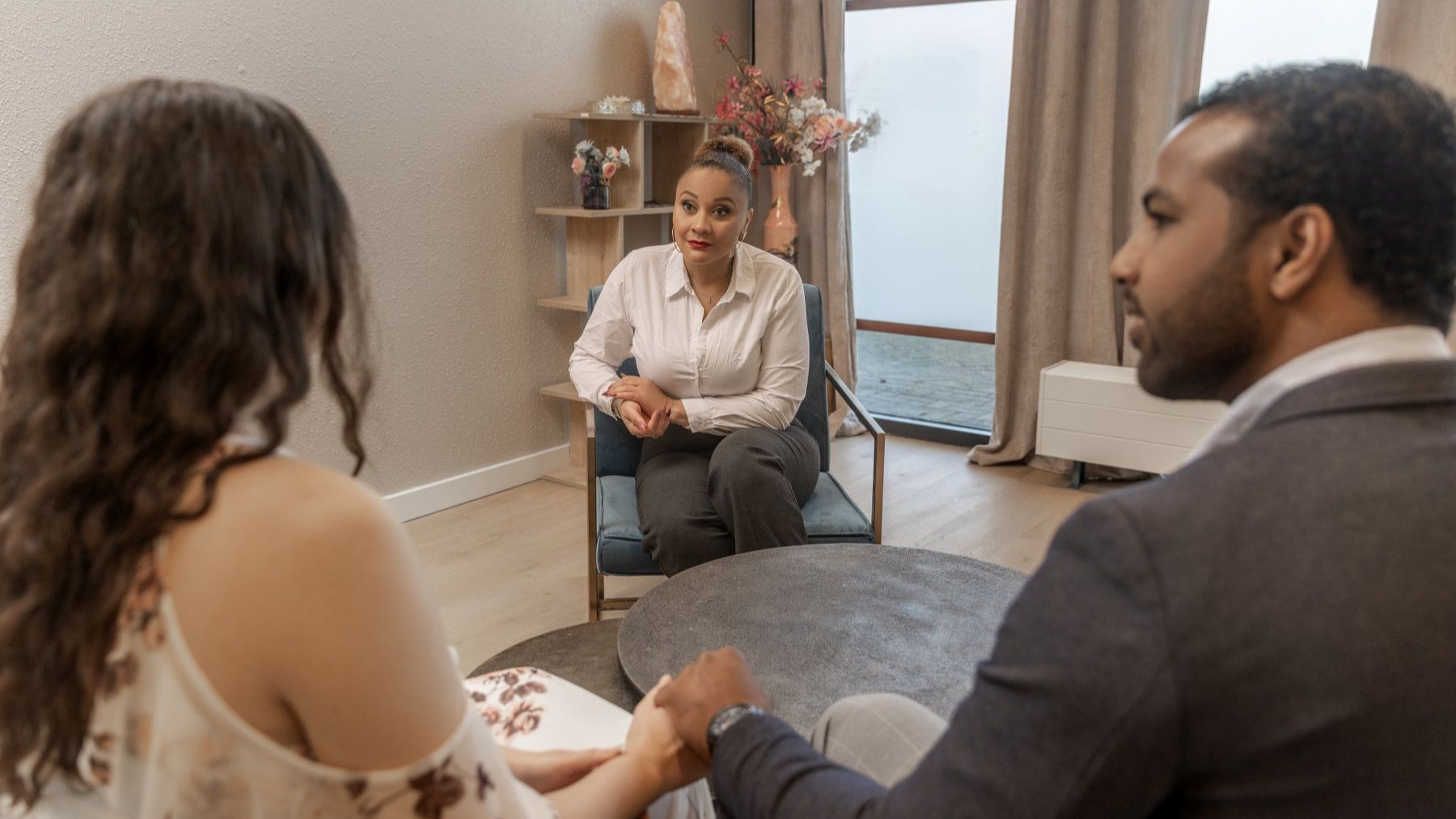by Joy A. Dryer, PhD
PACT Certified Clinician, PACT Faculty
This article by Dr. Dryer is excerpted from Chapter 11 (pp. 96–106) in Belonging Through a Psychoanalytic Lens (2021) (1st Ed.), edited by Rebecca Coleman Curtis. Routledge/Taylor & Francis Group.
Out beyond ideas of wrongdoing
and right...
Carolyn Sharp, LICSW
Pact Level III candidate
www.carolynsharp.com
We all know the scene: a couple begin discussing a current challenge for them and are quickly down the rabbit hole of past injuries. “Why do you keep bringing that up?”
Jenny and Michelle have had a tumultuous relationship. They met ...
By The PACT Institute
The Psychobiological Approach to Couple Therapy® (PACT), developed by Stan Tatkin, PsyD, MFT, has always centered on building secure-functioning relationships through attachment, neurobiology, and arousal regulation.
Over the years, the model has evolved to address the ubiqu...
By Teena Evert, MA, LMFT
PACT Level 2 Therapist
Picture this: two climbers roped together, navigating ice, snow, and steep rock faces on a remote alpine peak. Each step is taken with care. Each decision, a matter of trust. They move as one — because in alpine mountaineering, your survival depends on...
By Jason Brand, LCSW
PACT Certified Therapist
On my podcast Human Nurture, I set out to take a three-season deep dive into PACT and explore the questions that most perplexed me about the model and about couple therapy. I started at the foundation and worked my way up. Season 1 explored the theoretic...
By Eva Van Prooyen, MFT
PACT Certified Therapist
Healthy, secure relationships are a source of vital energy. PACT therapists know people feel good when they understand how to be successful partners. We are energized by a secure connection to another person. Our need to be securely attached is so pow...
Catherine Seidel, LMFT
PACT Level 3 Therapist
I recently attended a daylong symposium at the UC Davis Vet School on the essentials of equine medicine. Among various topics, the most compelling to me as a horse person and a psychotherapist interested in the neurobiology of attachment was a lecture an...
Last year, PACT faculty member Krista Jordan, PhD, and PACT developer Stan Tatkin, PsyD, MFT, offered a workshop on evidence-based assessment instruments for couple therapists.
In the workshop, Krista and Stan talked about how to integrate brief questionnaires to stimulate conversations, set goals...
By Stan Tatkin, PsyD, LMFT
How do we treat couples, irrespective of their ideologies? The topic here is couple therapist countertransference, my own and perhaps that of my colleagues, recognizing that our professional community holds varied perspectives on the omnipresent cultural divide. How do w...
Betrayal is one of the biggest threats to a couple relationship. When one partner betrays the other, they violate the trust and confidence that exists between them. The safety and security of the relationship is r...
By Tracey Boldemann-Tatkin, PhD, AMFT
PACT Institute Co-founder
I was inspired to write this blog after sitting around the Thanksgiving table with my family and sharing what we are thankful for. We do this each year, yet this year I started to reflect on my gratitude for being part of the overall PA...
We are delighted to announce that Dr. Hans Stahlschmidt has been named Dean of Students and Faculty for the PACT Institute, a position that has been newly created to better serve the needs of our students and our growing faculty.
Hans has been part of the PACT Institute almost since its beginning....













